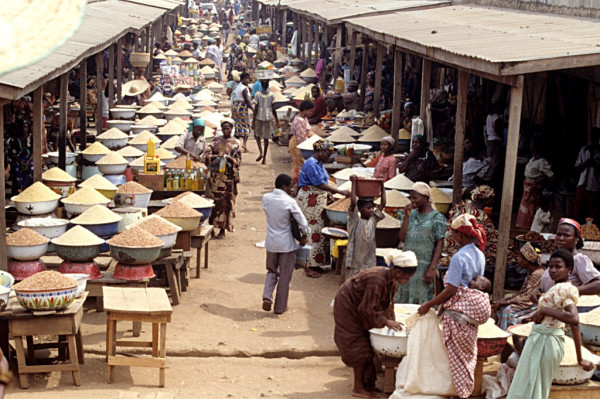Nigeria, Africa’s most populous country with over 200 million population is reeling from the impact of COVID-19 pandemic which has drastically affected economic activities, businesses, food production and even purchasing power. The negative effect of the pandemic is being felt in the form of rising food prices and the lack of consistent access to enough food have led to the rise of food insecurity in Nigeria.
According to the World Food Programme situation report for July 2020, Spikes in food insecurity are already evident with about a 135 per cent increase. 40 per cent of the estimated 57.6 million food-insecure people are in Nigeria, 10 per cent in Niger, and around 5 per cent each in Burkina Faso, Chad, Cameroon, Central African Republic, Mali, and Senegal.
To address the increasing needs related to COVID-19, World Food Programme set to reach 22.3 million people as its 2020 plan by providing critical relief food assistance to COVID-19 affected populations and food insecure communities through in-kind and cash-based transfers (CBTs).
In Nigeria, the COVID-19 scale-up plan in the North-East also targets 1.9 million people through in-kind and CBTs assistance.
The socio-economic challenges induced by measures to contain the spread of COVID-19 are heavily impacting in the spikes in food prices, Majority of grocery retailers interviewed complained that the outbreak of pandemic has affected price and demand, some observed that the middlemen who transport groceries to other state take advantage of the situation by increasing prices to higher than normal prices which they attribute to the cost of transporting goods interstate and the current exchange rate of the Naira to the dollar. All these contribute to the price elasticity of demand and supply of goods in the Nigerian market.
With the rise in food insecurity in Nigeria, government at all levels from the Federal, State and Local governments must take conscious efforts to see that the poor and the most vulnerable food insecure have access to enough food by making sure that domestic food and agricultural supply that go through various check-point are cleared on time and the markets well supplied in affordable food for consumers to access and buy despite movement restrictions and income losses.

